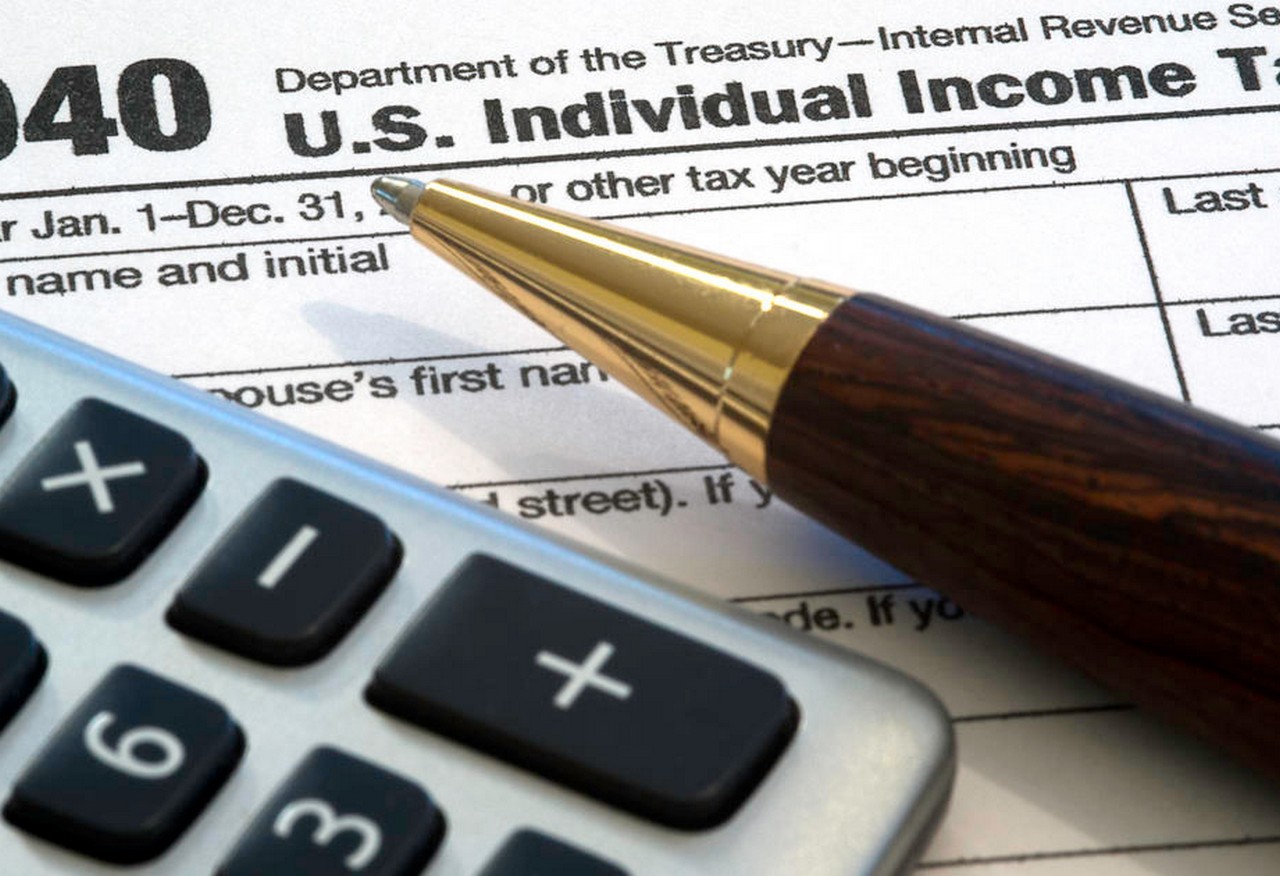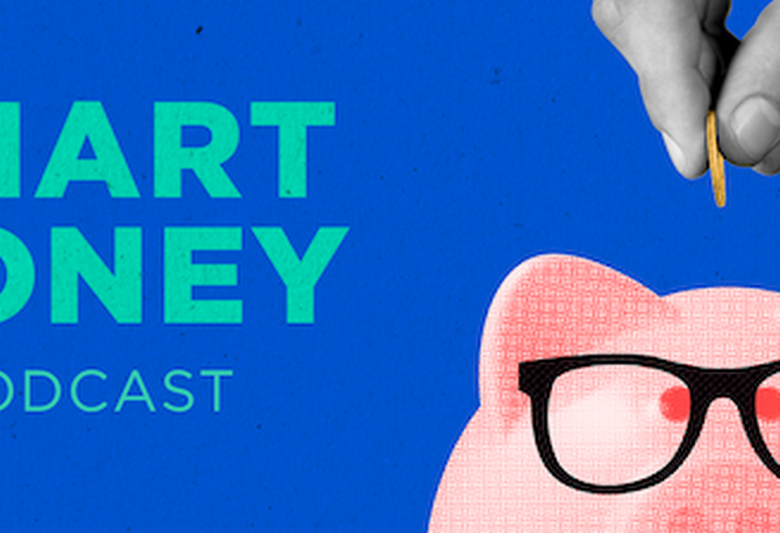Chapter is without doubt one of the quickest and simplest methods to seek out debt aid. Most shoppers who observe this path will file for Chapter 7 chapter or Chapter 13 chapter. Which is finest is determined by the person’s property and monetary objectives.
That will help you perceive the distinction between Chapter 7 and Chapter 13 chapter, right here’s a breakdown of every kind and whom they’re finest for. No matter which you may select, chapter could also be the best choice if:
-
Your month-to-month shopper debt funds are better than 50% of your month-to-month take-home pay.
-
You’re dealing with lawsuits from collectors.
-
You see no strategy to repay your debt inside 5 years.
What’s the distinction between Chapter 7 and Chapter 13 chapter?
The principle variations of Chapter 7 vs. Chapter 13 chapter are the eligibility necessities, how money owed are resolved and the timeframe.
Try this desk to get an understanding at a look:
|
Chapter 7 |
Chapter 13 |
|---|---|
|
Type of chapter: Liquidation. |
Type of chapter: Reorganization. |
|
Eligibility:
|
Eligibility:
|
|
How lengthy it takes to realize a discharge: Often below six months. |
How lengthy it takes to realize a discharge: Often three to 5 years, relying on the reimbursement plan. |
|
Mark on credit score report: Stays in your credit score report for |
Mark on credit score report: Stays in your credit score report for |
|
Advantages:
|
Advantages:
|
|
Drawbacks:
|
Drawbacks:
|
Which is best: Chapter 7 or Chapter 13?
Which type of chapter is finest for you is determined by your monetary state of affairs and objectives.
To find out whether or not Chapter 7 or Chapter 13 chapter is finest for you, seek the advice of with a chapter legal professional. You’ll need to be sure that your drawback money owed might be dealt with by chapter and that you simply’re able to profit from the recent begin that chapter presents.
Most shoppers go for Chapter 7 chapter, which is quicker and cheaper than Chapter 13. The overwhelming majority of filers qualify for Chapter 7 after taking the means take a look at, which analyzes revenue, bills and household measurement to find out eligibility. Chapter 7 chapter discharges, or erases, eligible money owed resembling bank card payments, medical debt and private loans. However different money owed, like scholar loans and taxes, sometimes are tougher to get discharged. And Chapter 7 doesn’t provide a path to get caught up on secured mortgage funds, like a mortgage or auto mortgage, and it doesn’t shield these property from foreclosures or repossession.
In some situations, a chapter trustee — an administrator who works with the chapter courts to symbolize the debtor’s property — could promote nonexempt gadgets, that means belongings that aren’t protected throughout chapter. Nonexempt gadgets range in keeping with state regulation.
Chapter 13 chapter could also be higher for many who don’t qualify for a Chapter 7 submitting, as an illustration, if their revenue is just too excessive. And a few who qualify for Chapter 7 should select to file for Chapter 13 as a result of they need to retain sure property or get caught up on their mortgage funds. Nonetheless, Chapter 13 reimbursement plans are difficult: All disposable revenue after sure allowances must be directed towards repaying debt over three to 5 years.










